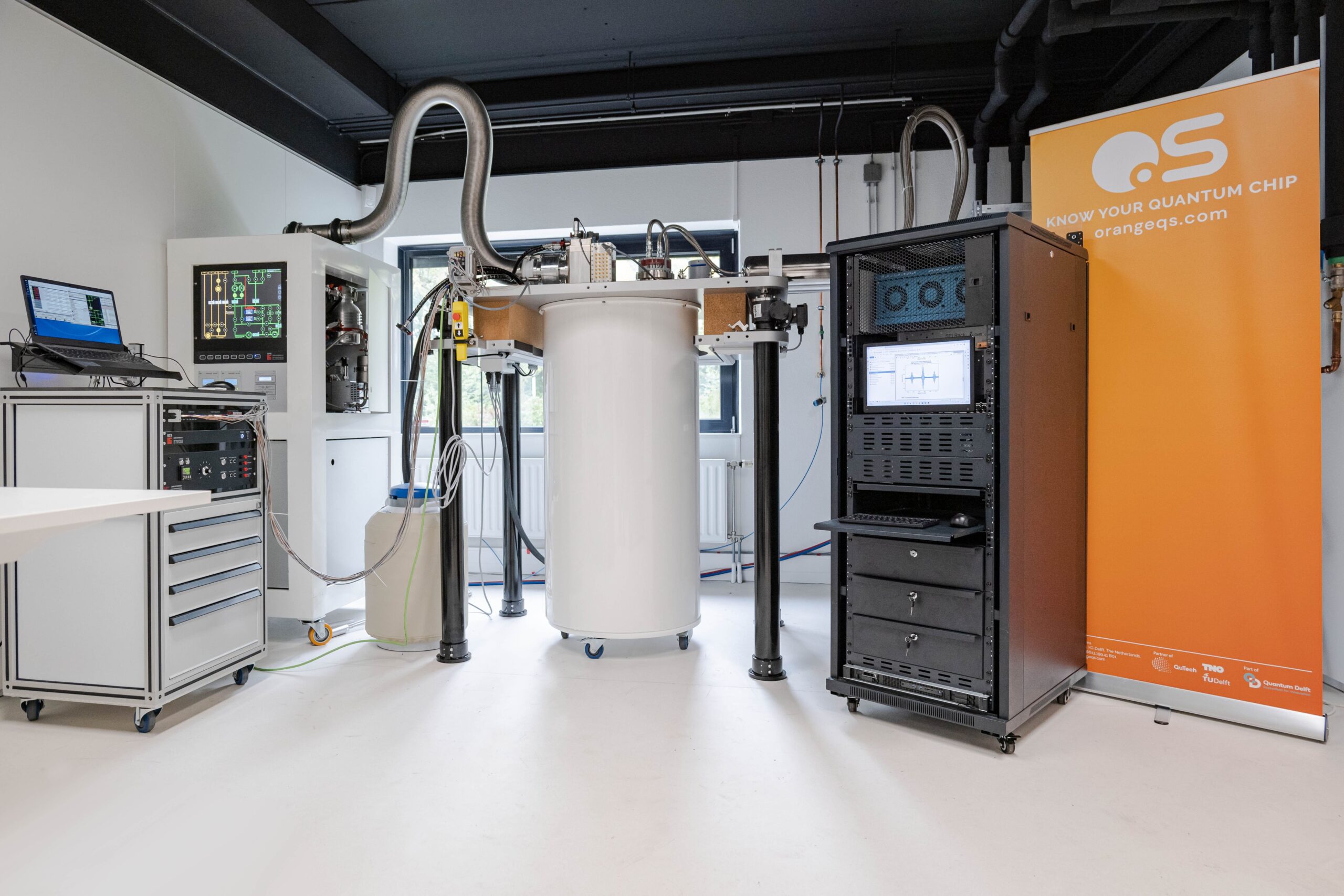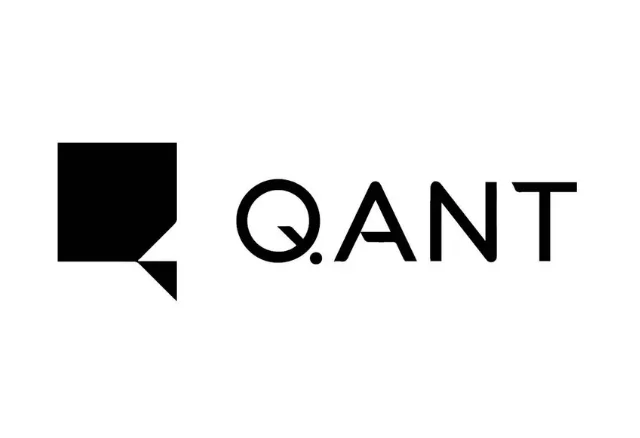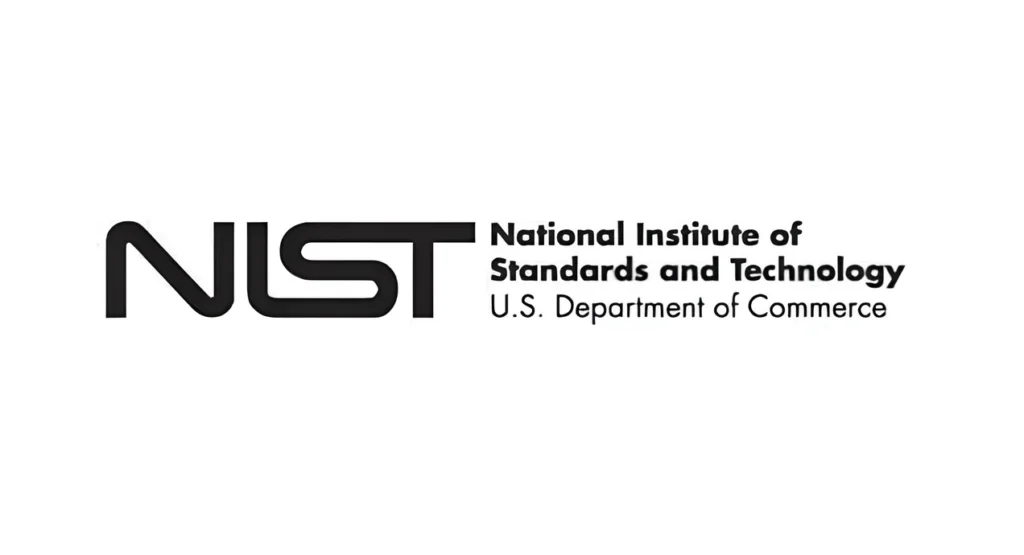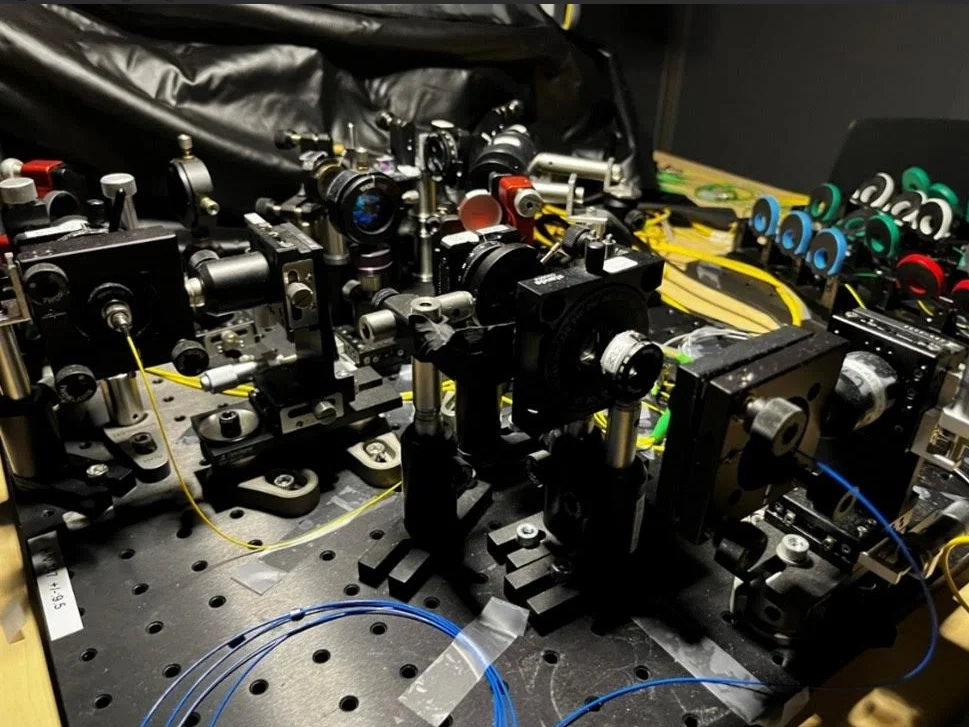Insider Brief
- Orange Quantum Systems unveils OrangeQS Juice, an open-source operating system for quantum R&D labs, at the APS Global Physics Summit 2025.
- The system enables full-stack quantum research by integrating hardware, software, and experimental workflows, with a closed beta starting mid-2025 at leading quantum labs.
- The full open-source release is planned for late 2025 as a Linux distribution, with contributions invited from the quantum research community via GitHub.
PRESS RELEASE — Orange Quantum Systems reveals OrangeQS Juice today at the APS Global Physics Summit. OrangeQS Juice is a state-of-the-art operating system to operate quantum systems. It supports quantum computing research and qubit development.
OrangeQS Juice will be open-sourced and available for the community by the end of 2025. A closed beta starts with the Advanced Quantum Testbed (AQT) at Berkeley Lab, Chalmers Next Labs and QuTech. This closed beta will provide feedback and shape final features.
Purpose

OrangeQS Juice will enable quantum R&D labs to operate their full-stack R&D lab with one framework. This solves major hurdles in working with these complex systems, like pinpointing issues, correlating the state of all components to qubit behavior and collaborating between colleagues.
- Open – Conceived as an open platform to build on, with an open-sourced hardware abstraction layer and open APIs to integrate custom or third-party software tools.
- Quantum – Dedicated to quantum R&D, with pre-installed packages, fast system-wide debugging and the ability to handle large datasets.
- Together – Designed for multi-user and remote operation, with database management for reliable workflows and streamlined experiment scheduling and monitoring.
Relevance
Labs need a dedicated operating system optimized for quantum hardware and software integration. They require control and monitoring of the full stack, including all instruments and the cryostat.
OrangeQS Juice supports open collaboration and software standardization across the quantum ecosystem.
History
OrangeQS Juice was initially developed to operate a utility-scale quantum chip test system. The first 150+ qubit test system using this framework was the OrangeQS MAX. After its deployment at IQM in Helsinki, OrangeQS generalized the operating system to support more flexible and experimental quantum systems, typical for quantum R&D labs.
Open-sourcing has worked for OrangeQS in the past. Together with Qblox, they developed Quantify, a Python-based, high-level data acquisition framework for quantum-computing and solid-state physics experiments. After five years, Quantify has grown into a community of over 300 users and developers and is compatible with products from brands like Qblox and Zurich Instruments.
Next steps for Users & Developers
OrangeQS Juice is revealed at the APS Global Physics Summit 2025 in Anaheim, California. On Tuesday 18 March at 12pm (noon), there will be a first public demonstration of OrangeQS Juice at booth #768.
The framework will be tested in a closed beta at the Advanced Quantum Testbed at Berkeley Lab, Chalmers Next Labs and the DiCarlo Lab at QuTech, with several other leading institutes expressing interest. Testing begins in the summer of 2025, with a focus on improving usability, stability and scalability.
Quantum R&D labs that are interested to join the closed beta can reach out to juice@orangeqs.com
Future Development
The full open-source launch for OrangeQS Juice is planned for the end of 2025. At launch, the operating system will become available as a Linux distribution.
Researchers, developers, and industry partners will be invited to contribute via GitHub, for the expansion of hardware compatibility and integration with third party quantum control software. The platform will allow third party developers to create and deploy custom software modules on quantum systems, like digital distribution service for quantum R&D.















